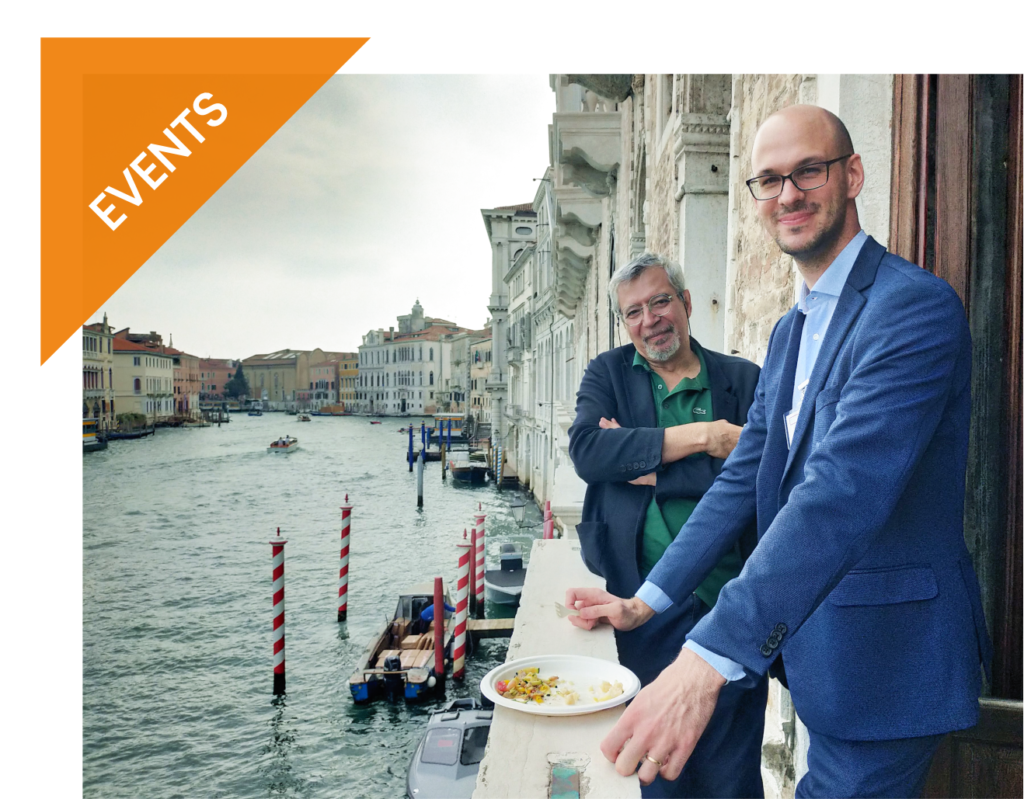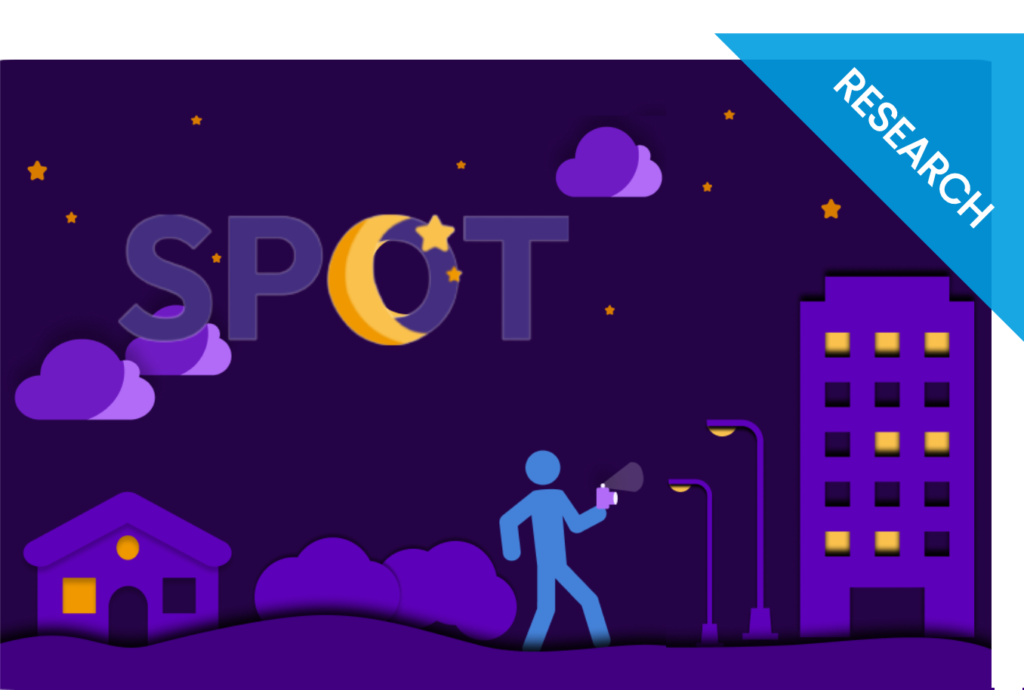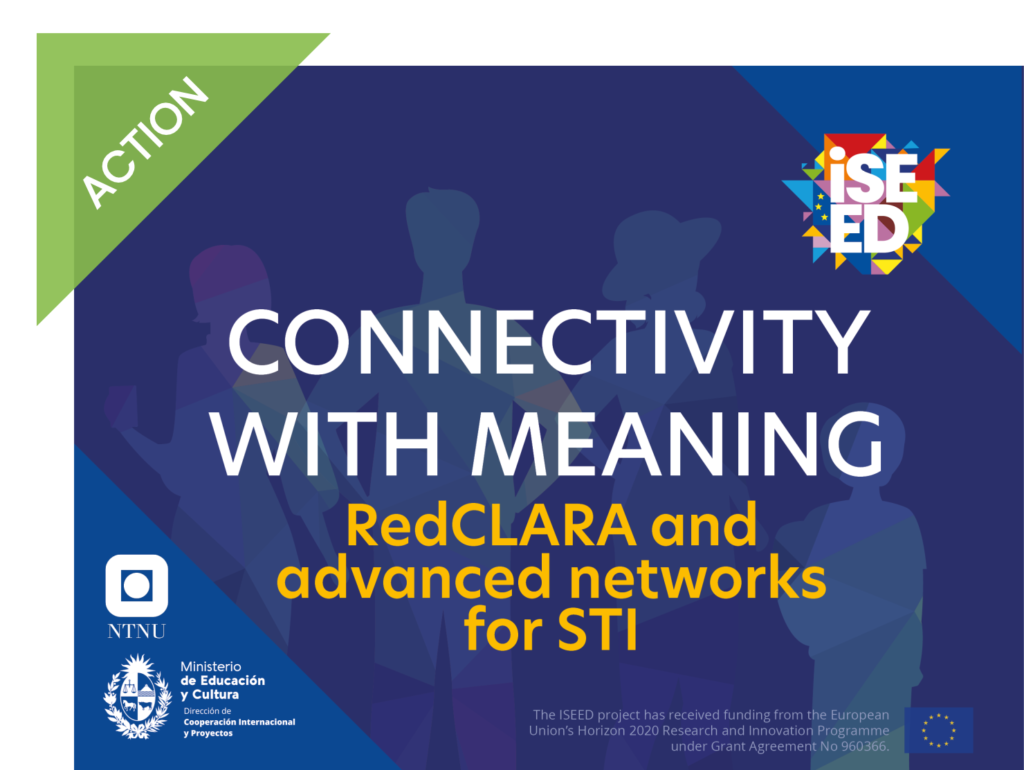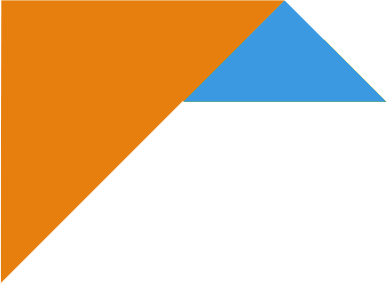October, 2023
October, 2023
October marks ISEED’s 10th Newsletter! The first national workshop, part of a series of six workshops, organised in October-November 2023, was held on the 10th of October in Venice. Also, October of fascinating results of research, conducted by the ISEED partners on topics such as the application of technologies in fostering citizen participation and citizen science projects; the impact of citizen engagement in data collection, used to co-construct public policies; the examination of three different models of governance of data management (data cooperatives, citizen observatories, and open data archive) and our investigation of the effectiveness of science clubs in Uruguay at promoting science in society.
Events
ISEED National Workshops on the Future of Democracy

The first of a series of six national workshops on the future of democracy was hosted by Ca’ Foscari University of Venice on 10th October. Participants included local policymakers, academics with governance experience, representatives of non-profit organisations, experts in the fields of science, digital technology, environment, climate and energy.
Each participant attended one of four group discussions dedicated to a specific vision on the future of democracy, namely epistemic – whether epistemic input can lead to effective decisions on the matters at stake-, associative -activated by citizens and their associations-, digital -exploring possibly fruitful interaction between online/offline participation- and institutional -local/national- in order to develop some policy proposals to help shape the future of European democracy.
Each of these four scenarios was discussed from the point of view of the upcoming green transition in Europe, supported by the European climate neutrality target as set out in the Fit for 55 package of the European Commission. A careful consideration of these four scenarios allowed participants to identify the challenges posed by the ecological transition, while keeping in mind the limits as well as the potentials for citizen participation as studied within the previous stages of the ISEED project.
With the help of moderators and the combination of group and plenary sessions, participants formulated a total of 11 recommendations, which will be presented in a report along with the recommendations of the other five national workshops and shared with the European Commission.
Our top three recommendations so far are that:
- Gender and intersectionality must drive the planning of, and the design of the platforms (digital and otherwise) used to promote, participation.
- Digitalisation must strengthen the function of deliberative interaction through suitably identified mechanisms of feedback, and by coordinating the forms of expertise of those involved in responding, including offline initiatives.
- Once a participatory process is established, the institutions must ensure that citizens’ inputs, opinions and proposals are duly taken into account, and must justify the reasons for their partial acceptance or complete rejection.
Stay tuned to check our report with all recommendations from the six workshops happening next in France, Spain, Poland, Bulgaria and Uruguay!
Research
ISEED’s Research in 4 interesting Summary Reports
Get to know the research, conducted during the ISEED project! Starting this month, you can now read on our website summary reports on various interesting topics. They are all published at our website section Publications under Summary Reports. There is what you will find:
- Report on state and perception of grassroots knowledge production, exploring the technological solutions employed by Polish environmental civic initiatives for the implementation of citizen science projects and the fostering of citizen participation. Researchers: Magdalena Roszczyńska-Kurasińska and Nina Wróblewska.
- Report on the experiments testing the impact of citizen science methods on the quality of participatory practices, showing, in real cases, how citizens’ engagement in data collection and sharing might be used to co-construct public policies. Researcher: Baptiste Bedessem.

- Report on the role and responsibilities of managers of data cooperatives, citizen observatories, and open data archive, examining three different but complementary models of governance forms of data management. Researchers: Michael O’Grady and Niccolò Tempini.
- Report on the effectiveness of science clubs, investigating the efficacy of Uruguay ‘science clubs’ at promoting science comprehension and its practical application in everyday problem-solving scenarios. Researchers: Magdalena Roszczyńska Kurasińska and Agata Żbikowska.
Action
Highlights from RedCLARA Webinar
We are thrilled to announce the highlights of our ISEED Webinar Series on Inclusion, Science and Democracy. These webinars provide a platform to explore intersections of these important topics and delve into related subjects. The full translated video is available in our Youtube Channel!

Our latest series is entitled “Connectivity with Meaning: The Role of RedCLARA and advanced networks for Science, Technology and Innovation”.
The webinar explored the transformative impact of advanced connectivity on the world of Science, Technology and Innovation, bringing together leading experts in the field to explore how advanced networks are paving the way for progress in critical areas.
Speakers included: Luis Cadenas, Executive Director of RedCLARA, experienced in the world of academic networks and the ICT scene; Gabriel Kaplún, a professor and researcher at the Universidad de la República (Uruguay), member of the National System of Researchers; and Mariela de León, representante de la Red Académica Uruguaya (RAU).
You can access our dedicated page for ISEED Webinar Series, and read more about the upcoming exciting episodes!
Text: Adriana Dimova, Chiara Lovati and Enzo Frissa
Edit: Chiara Lovati, Sarah Santos and Sophia Efstathiou
Last updated: 02/11/2023
Subscribe to the ISEED Newsletter!
Receive recent and relevant topics on Citizen Science every month.


